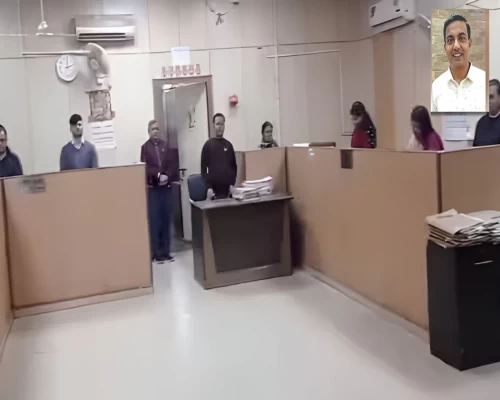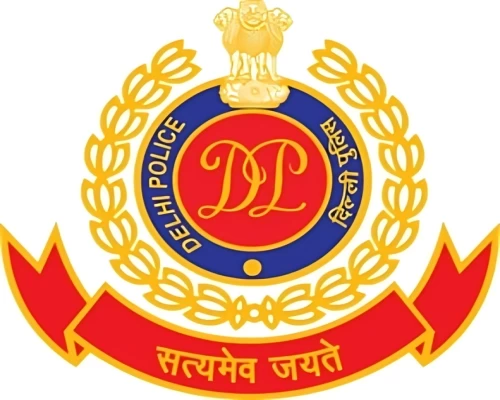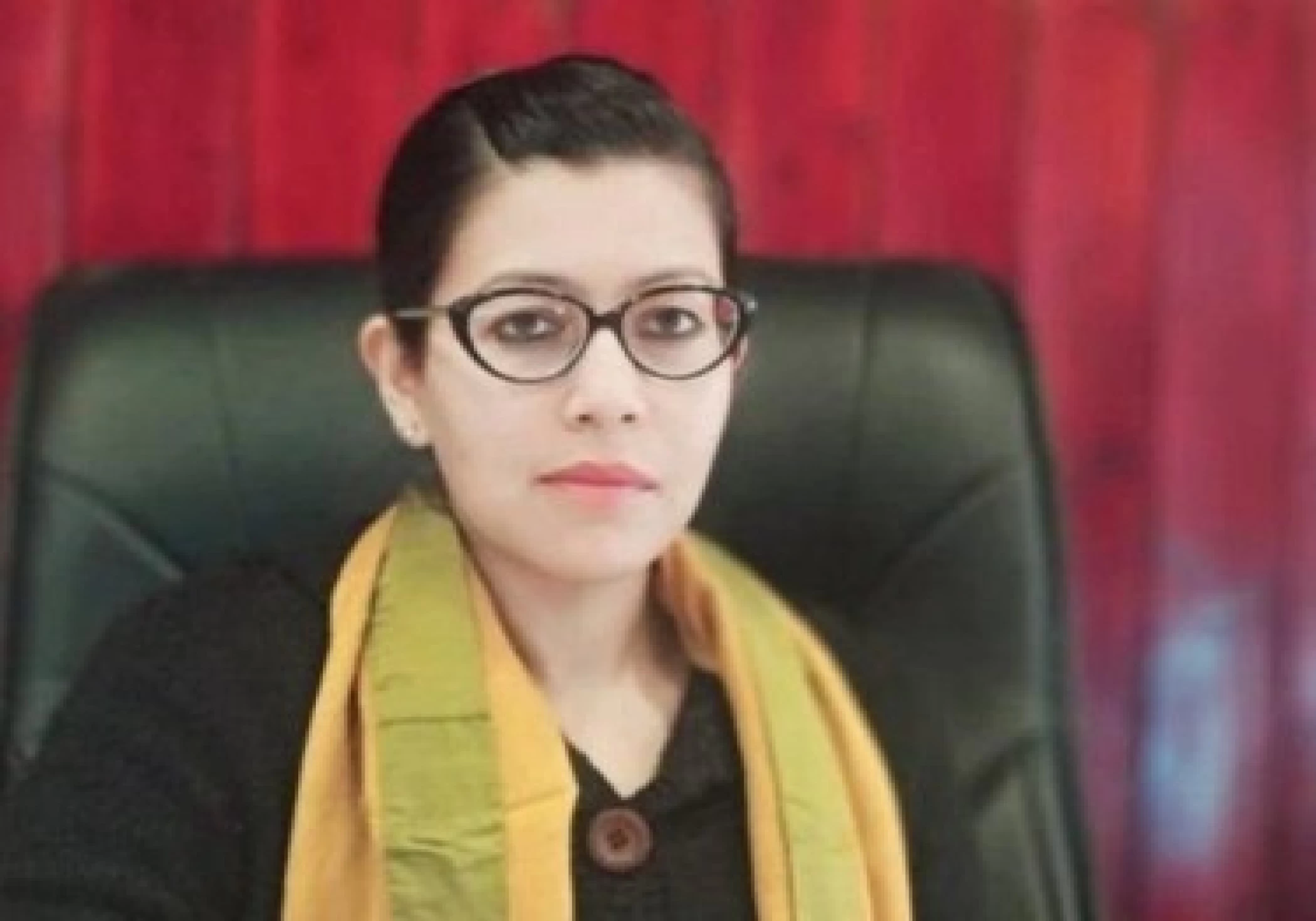
New Delhi: Spreading positive stories about good governance among different stakeholders is of paramount importance, said Jammu Municipal Corporation Commissioner and Jammu Smart City Chief Executive Officer (CEO) IAS officer Avny Lavasa in an exclusive interview to Bureaucrats India. “It is extremely important to disseminate positive stories about good governance among different stakeholders. It is of paramount importance. People must be informed about good works and schemes of the government. I am happy that Bureaucrats India as a news portal, is committed to highlighting stories of positivity, good CSR practices, PSU and corporate achievements,” said Lavasa while speaking to Bureaucrats India Editor-In-Chief Dr Navneet Anand and Associate Editor Sweta Bharti.
Talking about her journey so far as an IAS officer, Lavasa said that Civil Services allow one to learn a lot at every stage of job and one has to mould and modify oneself accordingly to deliver the best while serving the people. “I consider the job of a Municipal Commissioner quite tough but at the same time full of learning as well. Every citizen has an issue. As Jammu MC Commissioner and Jammu Smart City CEO, we are responsible for monitoring and executing daily affairs of the city. The combination of MC Commissioner and CEO Smart City Project is quite perfect to do the best for the city,” she said, while giving the example of Delhi, which has become a world class city over the years defying all odds, chaos and challenges.
Talking about the organized and technically sound traffic management in Jammu City where lanes have been colorfully demarcated in some of the markets for smooth flow of traffic, Lavasa said: “It is a new idea and certainly a challenging task. Local market associations were waiting for this to happen. They are so happy. If projects are tailored to meet people’s demands, then that makes the task much easier. Small interventions can make a big difference.”
When asked to comment on Jammu Municipal Corporation recently organizing a sports event for sanitation employees, she said that team work makes a lot of difference in the delivery of the final outcome. “Team support is very important to serve the bigger public cause. We know that our sanitation workers are the backbone of the municipal services,” she said while stressing the need for people’s cooperation and participation in maintaining the beauty of their surroundings.
Lavasa also spoke about Jammu Smart City Limited entering into an agreement with IIT, Jammu and how the insights of academicians will be used in making Jammu truly smart as a city. Sharing her thoughts with regard to street developments, she said: “The project is at the planning stage. The implementation is going to be very, very challenging. However, I am confident that when we explain to the people the positive outcome of what we are going to do, they will cooperate with us. Interdepartmental coordination is very important.”
An alumna of Lady Shri Ram College, Delhi University, and prestigious Jawaharlal Nehru University, New Delhi, Lavasa said that Jammu was declared as a smart city in 2016-17. The implementation of related works started in 2019. She said that these works consisting of 133 projects worth around Rs 3400 crore will continue till March 2023. The tendering process for nearly Rs 900 crore worth projects will be completed by December and in 15-18 months these projects will be completed.
TaLking about her ‘Bye-Bye Plastic’ programme and waste management, Lavasa said: “Environment is a very sensitive issue. Laws prevent the use of plastic. There is activism as well to check the use of plastics. We want to keep people away from plastics. We are giving a cloth bag to the people while telling them not to use plastics. Similarly, we are encouraging people to segregate household wastes.”
Talking about bureaucracy, Avny Lavasa, daughter of illustrious IAS officer Ashok Lavasa, said that bureaucracy in India has evolved like anything over the years. Reflecting about the role of social media in governance, she said: “We are using them to reach out to the people. It is a good platform to engage with people about various things you wish to do.” /BI/


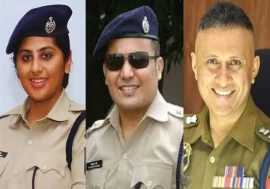

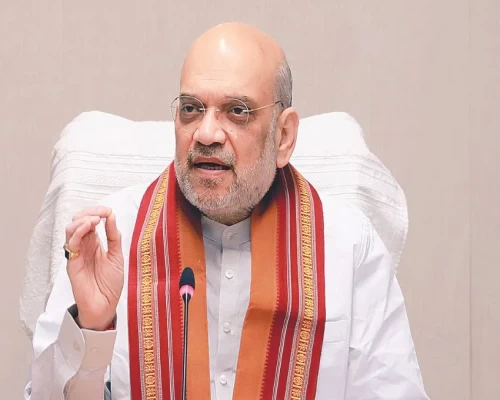
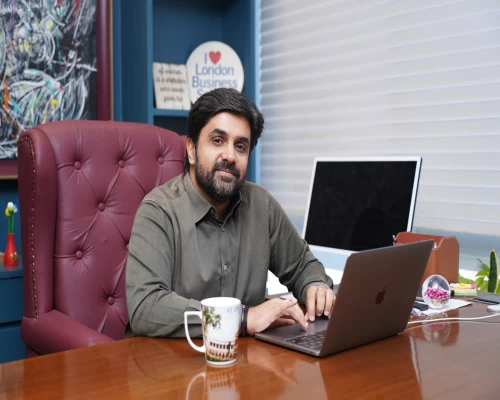

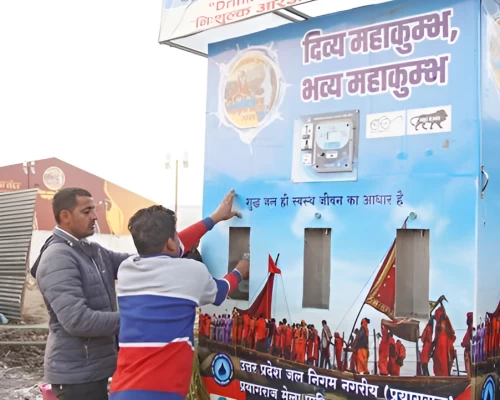
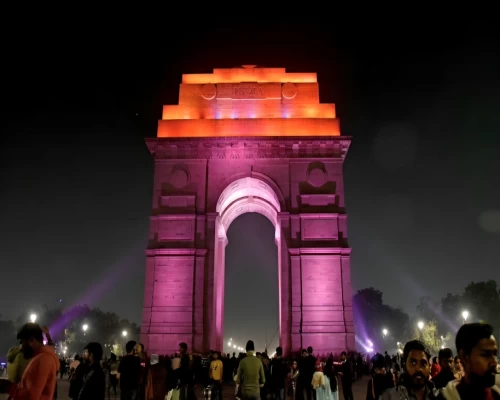
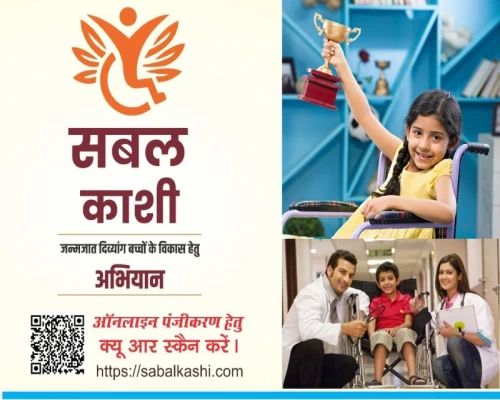
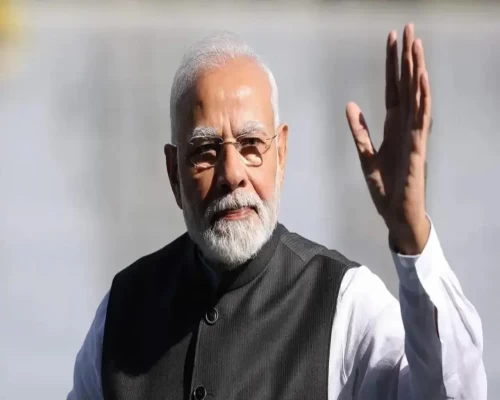
_500_x_400.webp)
